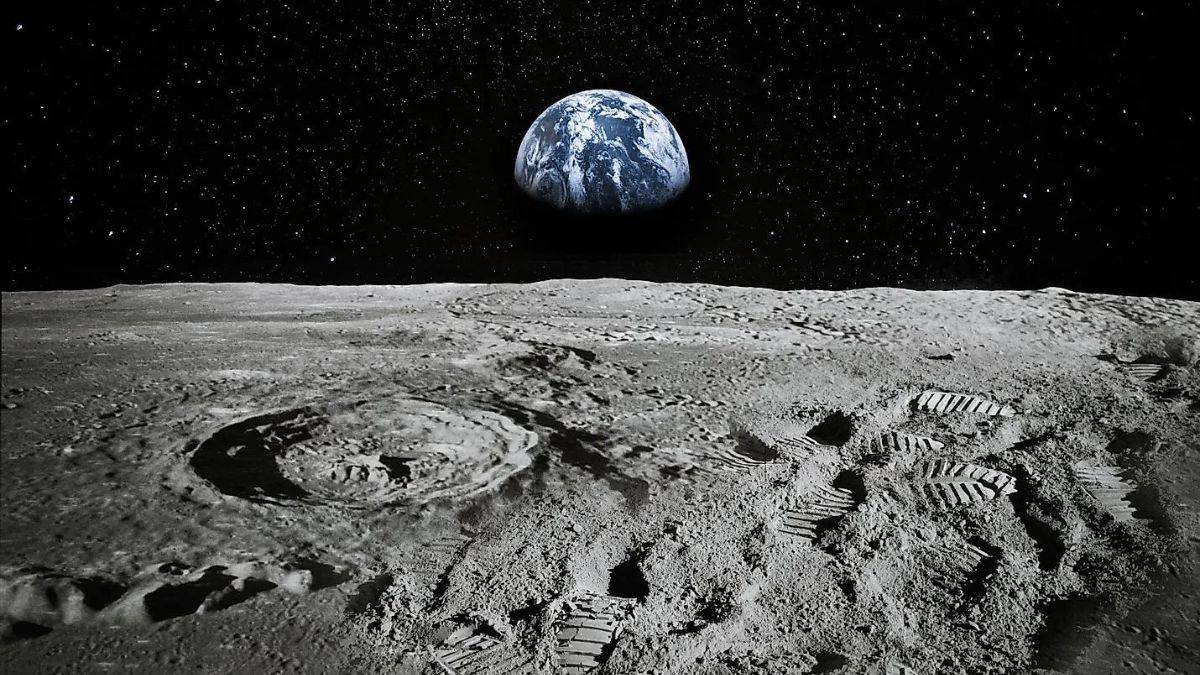Here’s a list of planets with most moons : Check details here!

The solar system has so many planets. And, planets have so many moons. Some planets have one or two moons. But here we are not mentioning those. Today, we bring you a list of the planets with the most moons in the solar system. This one’s for you, space enthusiasts. Let’s check out.
The top five planets with the most moons are as follows.
1. Saturn
The planet, Saturn has the most moons which is a total of 83 moons. What we must note is that 63 of its moons have been confirmed. However, 20 of its moons are yet to be confirmed. These 20 moons also await their official naming via International Astronomical Union also known as IAU. Saturn’s moons are namely Hyperion, Prometheus, Pandora, and Janus among others. A giant moon of Saturn namely Titan is larger than the planet Mercury. It has an Ocean Moon known as Enceladus. Surprisingly, as per research by NASA, Enceladus can sustain life and has suitable habitation conditions.
Next up is Jupiter.
2. Jupiter
The planet Jupiter has 80 moons. The moons of Jupiter were among the first discovered moons in the entire solar system. The four largest moons of Jupiter are Europa, Io, Callisto as well as Ganymede. These are known as the Galilean moons. NASA’s Europa Clipper mission is set to discover all about Europa which is one of Jupiter’s largest moons.
The third planet with the most moons is Uranus. So, let’s know more about Uranus and its moons.
3. Uranus
Uranus has up to 27 moons, thus ranking third in the list of planets with the most moons. Two of the largest moons of the planet Uranus are Oberon as well as Titania. Uranus also has shepherd moons namely Cordelia as well as Ophelia. The brightest of all moons that Uranus has is Ariel. Miranda is the smallest moon of Uranus.
The fourth planet in this list of planets with the most moons is Neptune.
4. Neptune
The planet Neptune has 14 moons. The names of its moons are Triton, Proteus, and Thalassa among others. The names of Neptune’s moons have been derived from Greek mythology. An interesting fact about Triton is that it is the only large moon in the entire solar system circling in a retrograde orbit.
The fifth planet with the most moons is actually Pluto with five moons. However, we will not add it to this list as it is a dwarf planet.
Moving on to the next planet with the most moons, let’s have a look at the details of Mars and its moons.
5. Mars
Mars has two moons. The larger moon of Mars is called Phobos. The smaller moon of Mars is called Deimos. These moons were first discovered in the year 1877 by A. Hall.
There are a few facts about Mars. First is that its moons are also said to be captured asteroids. The moons of Mars are the smallest moons in the entire solar system. The moons of the Red Planet (Mars) got their names from Greek mythology as well. A. Hall named these moons after the mythological sons of the Roman God, Mars. The planet is said to have a Greek name too.
Planets such as Earth have only one moon and do not fall under this list of planets with the most moons. However, the Earth’s moon is a significant part of its existence.
There are approximately more than 200 moons in the solar system. Which, Earth’s moon is said to be the fifth largest moon so far.
Space will always remain a fascinating world for those who are interested in it. May it be galaxies or planets, moons or stars, there’s always more to the story. So, sit back and continue this exploration of various topics relevant to space.


